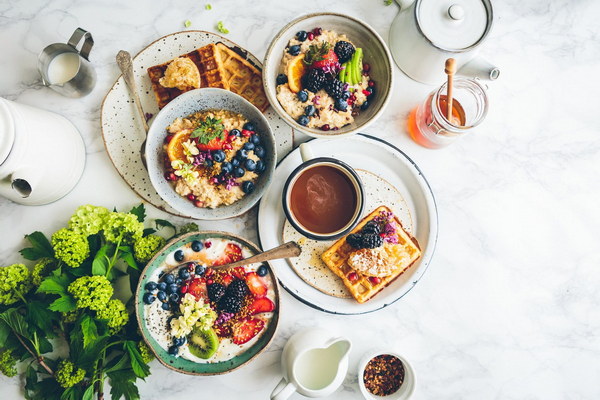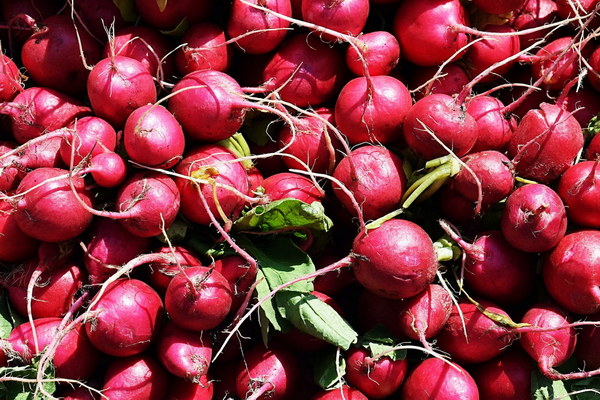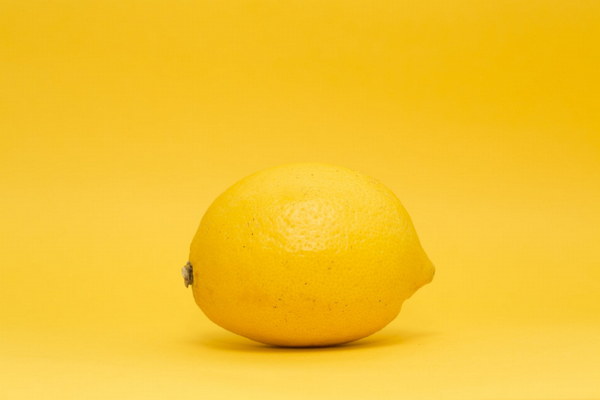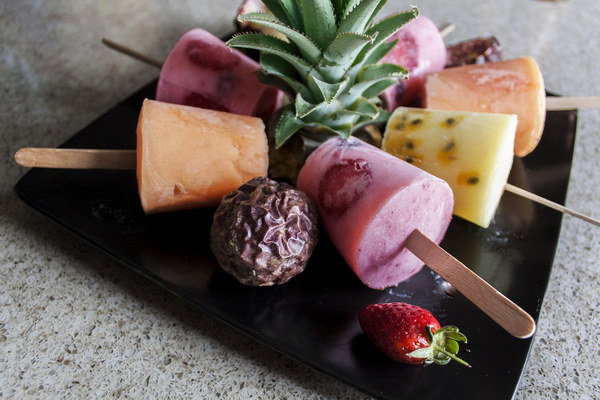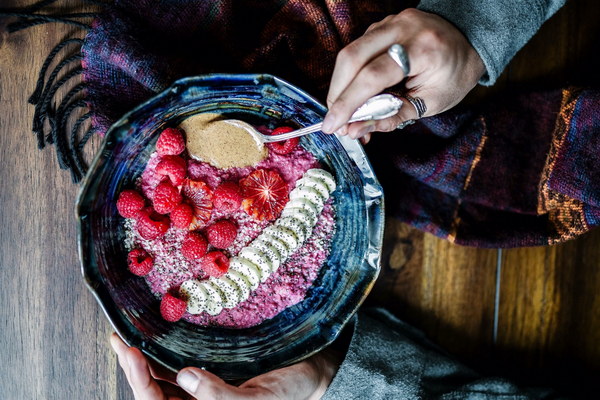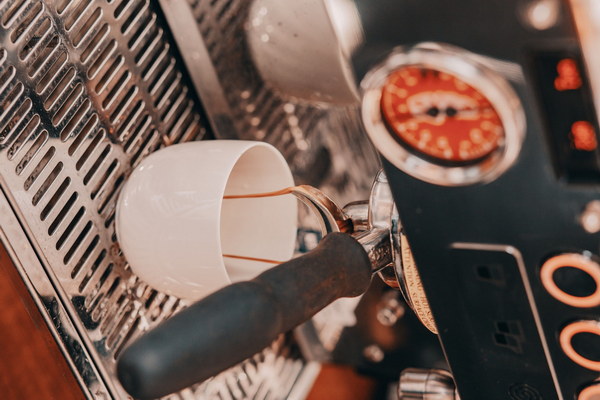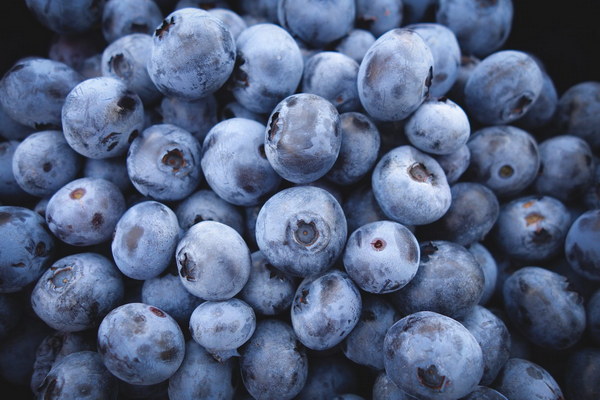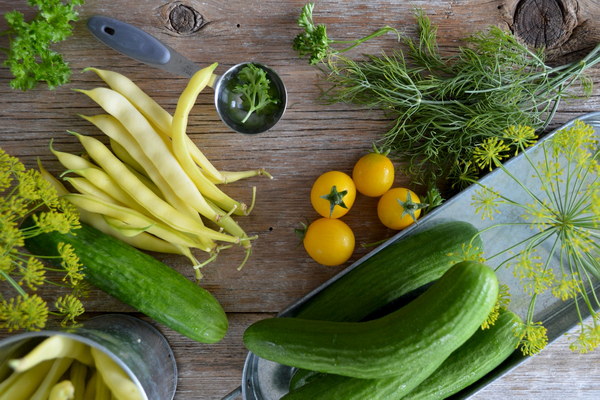Unlocking Health and Vitality The Art of Traditional Chinese Medicine in Shanghai's Culinary Practices
Shanghai, a bustling metropolis known for its vibrant culture, modern skyline, and culinary delights, also holds a rich tradition of Traditional Chinese Medicine (TCM). Amongst the myriad of health practices, one that stands out is the use of food as medicine, a concept deeply rooted in TCM. In this article, we delve into the world of Shanghai's food-based TCM, exploring the art of harnessing the power of nature to promote health and vitality.
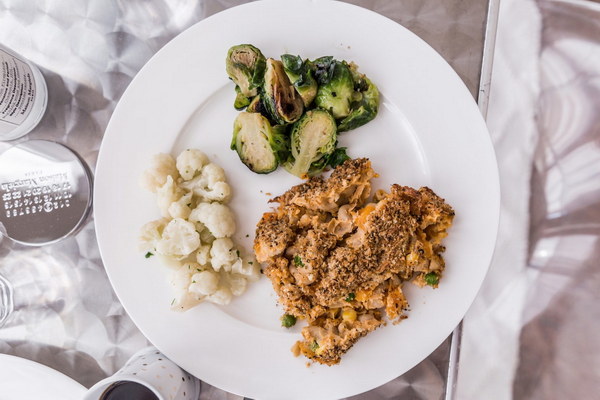
Shanghai's culinary landscape is a melting pot of diverse flavors, reflecting the city's unique position as a global hub. From the famous xiaolongbao (soup dumplings) to the savory shanghainese cuisine, the city's food culture is a testament to the importance of nourishment in everyday life. TCM in Shanghai takes this a step further, using food as a means to balance the body's Yin and Yang, and enhance overall well-being.
One of the most notable aspects of Shanghai's food-based TCM is the emphasis on seasonal ingredients. TCM believes that the body should be in harmony with the natural world, and this is achieved by consuming foods that are in tune with the season. For instance, during the summer, when the body tends to be overheated, cooling ingredients such as lotus seeds, watermelons, and cucumbers are recommended. Conversely, in the winter, warm and nourishing foods like ginger, black sesame, and winter melon are encouraged.
One popular Shanghai TCM dish is Congee, a rice porridge that serves as the foundation for countless variations. Known as Yan Zao Congee in TCM, this dish is particularly beneficial for those suffering from fatigue or weakness. Made with glutinous rice, dates, and goji berries, this congee is believed to boost energy, improve sleep quality, and strengthen the immune system.
Another must-try Shanghai TCM delicacy is Shanghainese Braised Pork with Rice Noodles, which incorporates a variety of medicinal herbs and spices. This dish not only satisfies the taste buds but also provides a wealth of health benefits. The pork, slow-cooked with ingredients like astragalus root, cordyceps, and ginseng, is believed to enhance the immune system, improve circulation, and promote longevity.
For those with a sweet tooth, Shanghai's TCM has plenty to offer. One of the most famous sweet treats is Bingtang, a traditional Chinese dessert made from rice noodles, red bean paste, and ginger juice. Not only does it provide a soothing effect on the stomach, but it also helps to regulate blood sugar levels and alleviate menstrual cramps.
In addition to these culinary delights, Shanghai's TCM practices also encompass the use of herbal remedies and acupuncture. While food-based treatments are a significant part of the tradition, these modalities complement each other to create a holistic approach to health and wellness.
Herbal remedies in Shanghai are typically prescribed based on the individual's specific constitution and health concerns. Commonly used herbs include ginseng, goji berries, astragalus, and rehmannia, which are believed to strengthen the body's immune system, improve energy levels, and enhance overall well-being.
Acupuncture, another cornerstone of TCM, is widely practiced in Shanghai. This ancient technique involves inserting fine needles into specific points on the body to stimulate the flow of Qi (vital energy). Acupuncture is believed to relieve pain, reduce stress, and improve overall health by balancing the body's internal systems.
In conclusion, Shanghai's food-based TCM is a testament to the city's commitment to holistic health and wellness. By harnessing the power of nature, food, and traditional practices, Shanghai's TCM offers a unique and effective approach to promoting health, vitality, and longevity. Whether you're indulging in a plate of Shanghainese braised pork or sipping on a cup of Bingtang, the art of TCM in Shanghai is sure to leave you feeling rejuvenated and revitalized.

